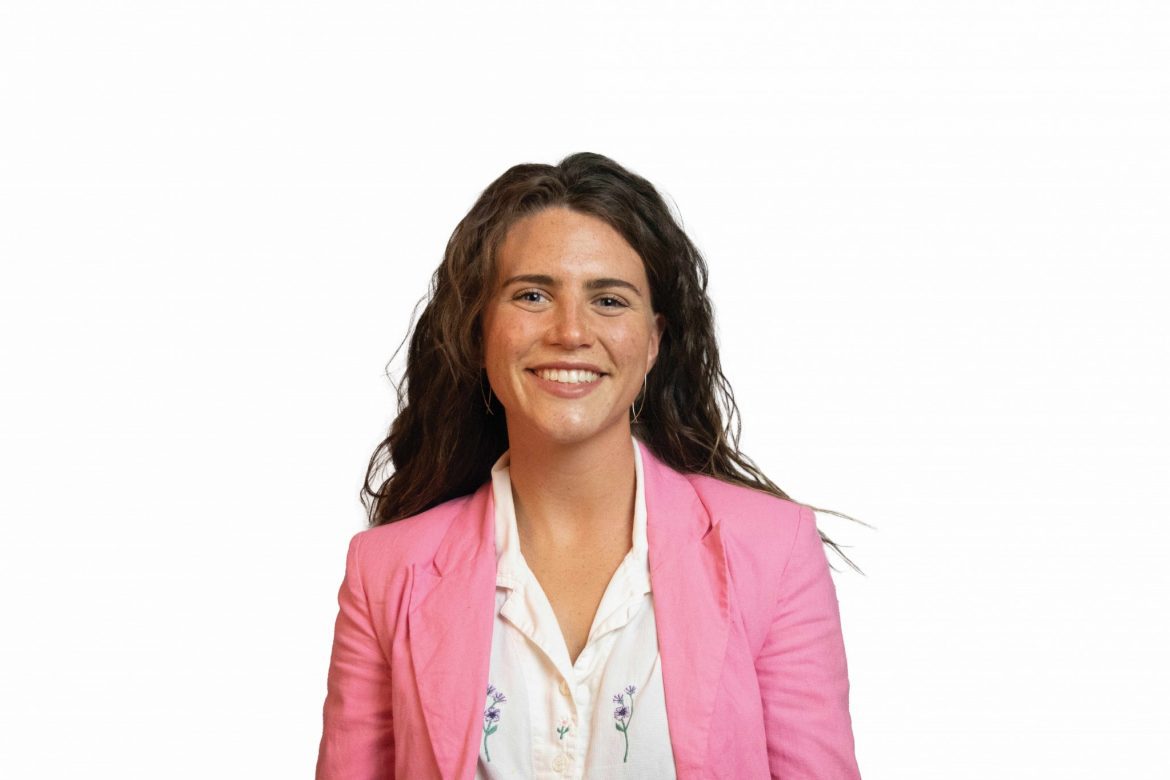Written by Sally Roach.
Don’t judge a book by its cover.” This teaching has become more of a sentiment than a maxim, as we inevitably choose the things that are appealing, the novels with the technicolor sleeves.
Surely you have passed Kroger on your way to Walmart, glanced at its decrepit facade adjoined to an abandoned, and also decrepit bank and thought, “Ugh, that place is nasty.”
Before I came to Harding, all that I knew about the Searcy Kroger was that it was where my Meme got the cookies and cream ice cream that my brother swore was the best ever created. By sophomore year, I became devoted to Kroger because of their produce, accessibility and location. I realized that Kroger was one of the only times that I interacted with people outside of the Harding community.
If you go to the grocery store every two or three days like I have, you start to build a relationship with the people that work there every day. Spending five extra minutes of my day to go through a real checkout line and have a real conversation with the cashiers is the way I have tried to invest in this community in a small way in the last few years.
With the recent news of Kroger closing May 1, I have had many conversations with my friends that work at Kroger. Their hours have increased because a lot of people quit as soon as they heard the news. They are scrambling to find jobs in a community that may not be able to offer them what they are leaving behind at Kroger. They are angry.
A common position of the employees I have talked to is that it is Harding’s fault that Kroger is closing. Sparing you the details of their intrigues, it comes down to the issue of gentrification. Gentrification is the process where a poor area is changed by wealthier people coming in, investing money in beautifying the city and attracting new businesses, therefore displacing the current inhabitants of the community. As Searcy grows, in part because of Harding, nicer neighborhoods pop up and businesses are created to cater to the Harding “demographic.” We pour our money — what little we have — into businesses that have been created with “us” in mind. What about the rest of our community? Are we investing in things that the community outside of Harding cares about?
Maybe Kroger could have survived with a complete renovation or a relocation, if it were just prettier. Walmart may be to blame, of course, but no matter the real reason, Kroger closing makes me mindful of an individual’s agency within the community they are in. We may “put our money where our mouth is,” but it looks like our mouth is on things that serve us, feed us and make us happy. Investing in community looks like investing in where the people are, what serves, feeds and makes them happy. Kroger was this place for so many people that I have interacted with over these few years, and I pray that as it closes they are able to find jobs, use their food stamps elsewhere and find community within another checkout line. Maybe we can join them in that next space, wherever it is.
